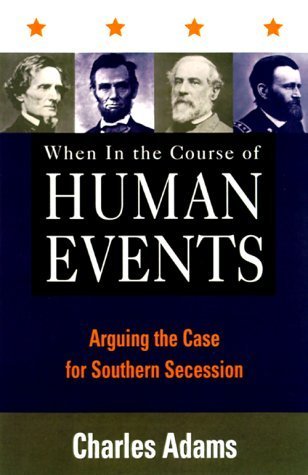What do you think?
Rate this book


280 pages, Hardcover
First published December 29, 1999
Men will not willingly, and with zeal, die for an economic purpose, but they will die for some “cause” that has a noble purpose. Governments, when engaged in war, have to keep a patriotic “cause” alive and motivational, and cover up the economic realities that are the true reason for the conflict.